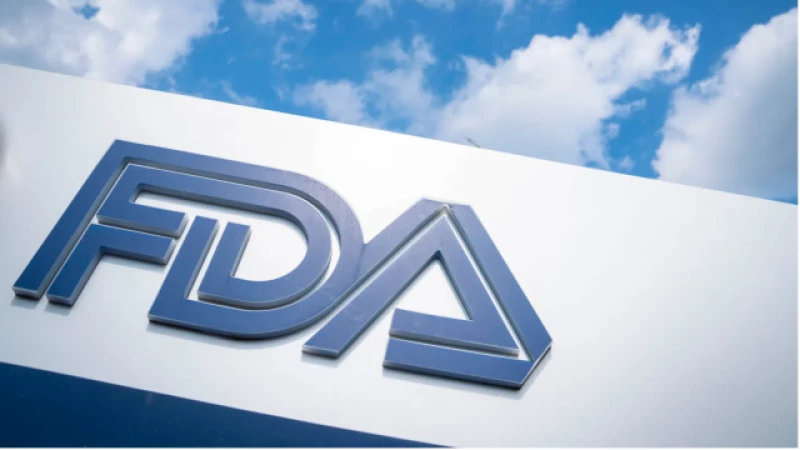Recent research has shown that the majority of cancer drugs granted accelerated approval by the U.S. Food and Drug Administration do not actually improve or extend patients' lives within five years. This raises concerns about the effectiveness of the accelerated approval program in providing early access to promising drugs.
Dr. Ezekiel Emanuel, a cancer specialist and bioethicist at the University of Pennsylvania, emphasized the importance of having a definitive answer about the effectiveness of these drugs within five years. Without such information, thousands of patients may be receiving drugs that may not work as intended.
The accelerated approval program, originally created in 1992 to expedite access to HIV drugs, now primarily benefits cancer drugs, accounting for 85% of accelerated approvals. This program allows the FDA to grant early approval to drugs that show initial promise in treating severe or life-threatening diseases. However, it is essential for drug companies to conduct thorough testing and provide substantial evidence before obtaining full approval.
Patients Gain Early Access to Medications with Accelerated Approval
Individuals battling cancer are receiving access to drugs sooner through accelerated approval processes. However, this expedited pathway comes with a tradeoff as some medications fail to deliver the expected results. In such cases, it falls on either the FDA or the drug manufacturer to remove these underperforming drugs from the market. Occasionally, the FDA has deemed less conclusive evidence sufficient for granting full approval.
A recent study spanning from 2013 to 2017 revealed that out of 46 cancer drugs that received accelerated approval, 63% transitioned to regular approval despite only 43% demonstrating a clinical benefit in subsequent confirmatory trials.
Published in the Journal of the American Medical Association and presented at the American Association for Cancer Research annual meeting in San Diego, the research sheds light on this critical issue.
Dr. Edward Cliff from Harvard Medical School, a co-author of the study, highlighted the uncertainty surrounding how well cancer patients comprehend the implications of drugs with accelerated approval.
Dr. Jennifer Litton from MD Anderson Cancer Center in Houston, who was not part of the study, emphasized that drugs granted accelerated approval may represent the sole treatment option for individuals with rare or advanced cancers. She stressed the importance of physicians clearly communicating the available evidence to patients.
Litton explained, "This evidence could manifest as tumor shrinkage or the duration of tumor stability. While presenting the data at hand is crucial, setting realistic expectations is equally vital."
Recent legislative updates have empowered the FDA further and streamlined the process for retracting drugs when companies fail to fulfill their obligations.
The recent modifications empower the organization to promptly revoke approval for a drug sanctioned under accelerated approval, when deemed necessary," stated FDA representative Cherie Duvall-Jones via email. The FDA is now equipped to mandate the initiation of a confirmatory trial at the time of granting preliminary approval, expediting the verification process of a drug's efficacy," she explained.







